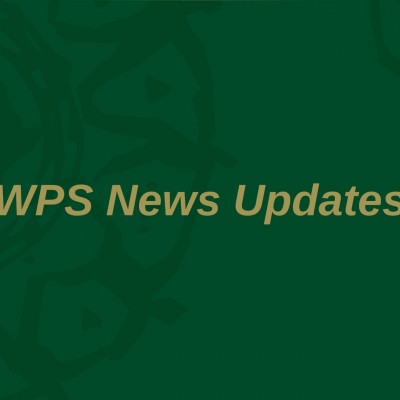Monthly Action Points (MAP) for the Security Council: August 2020
Source: NGO Working Group on Women, Peace & Security
The NGO Working Group on Women, Peace and Security released the August Monthly Action Points for the UN Security Council. For the month of August, they focused on; Iraq, Lebanon, Somalia and South Sudan.
Read the Monthly Action Points here.
Witnessing Nuclear Carnage, Then Devoting Her Life to Peace
Source: New York Times / Motoko Rich
Setsuko Thurlow, a survivor of the atomic bombing in Hiroshima 75 years ago this month, has used the power of her personal story to try to rid the world of nuclear weapons.
Read the story here.
Sexual Violence Rampant and Expanding in Armed Conflicts, UN
Source: InfoMigrants / Aasim Saleem
Despite a decade of efforts and various resolutions, the use of sexual violence as a tactic of war and to spread terror remains rampant in armed conflicts, states a report by the United Nations. InfoMigrants summarizes the number of cases documented by the UN in 12 conflict settings.
Read more here.
Zimbabwe: Poverty, Culture, Peer Pressure Fueling Violence Against Women
Source: allAfrica / Lemuel Chekai
Women Filmmakers of Zimbabwe (WFOZ) last week held a stakeholders meeting for their project on eradicating violence against women and girls through mainstreaming women’s audiovisual narratives in marginalised urban and rural communities.
The stakeholders meeting contributed to the debate on policy and laws that prevent Violence Against Women and Girls (VAWG) through its engagement of policymakers and government organisations, civic society groups and other key stakeholders with findings from marginalized and underserved rural and urban women and girls.
“We noted poverty, cultural and religious oppression of women, and peer pressure were major contributors to VAWG. Solutions proposed on the table ranged from early intervention from as young as eight years old and also male narratives engagement as well as community engagement through education of rights and laws in order to influence attitude and behaviour change towards VAWG issues,” said WFOZ in a statement.
Read more here.



